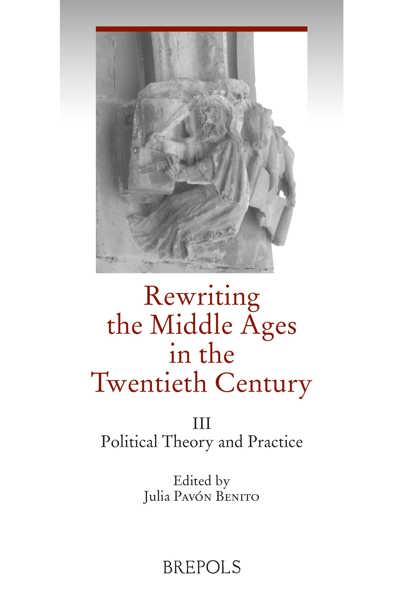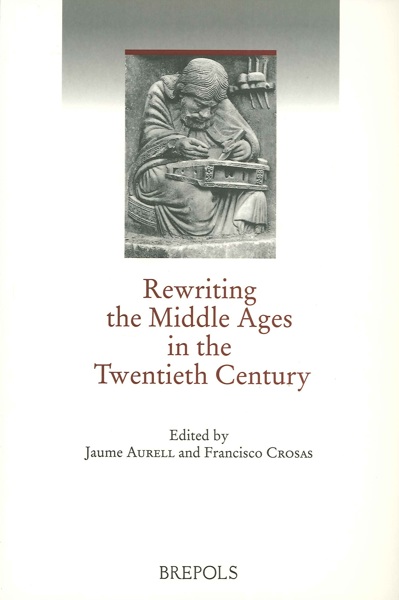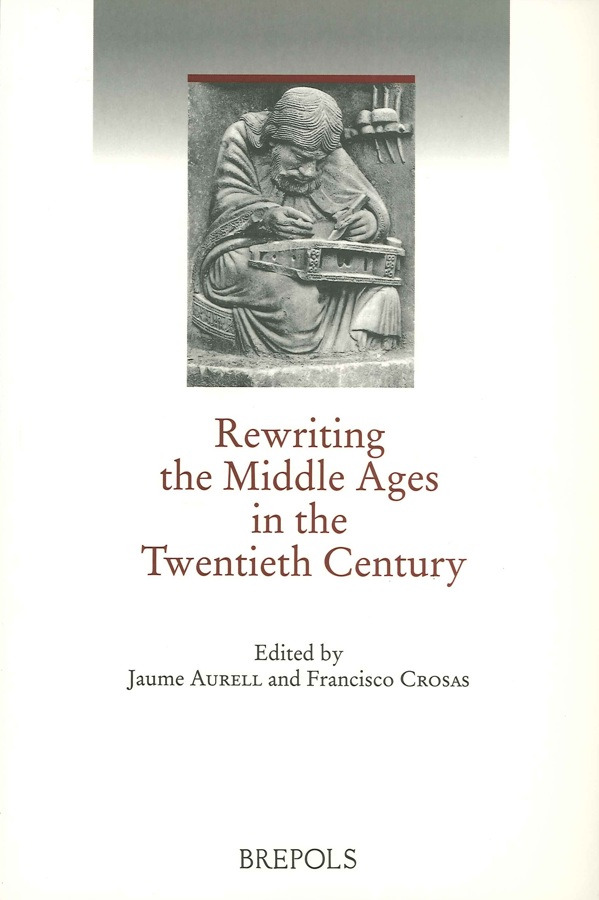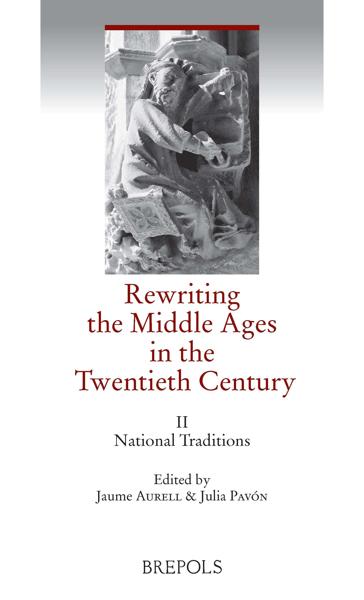
- Pages: 348 p.
- Size:160 x 240 mm
- Language(s):English, French
- Publication Year:2005
- € 30,00 EXCL. VAT RETAIL PRICE
- ISBN: 978-2-503-51719-3
- Paperback
- Available
- € 30,00 EXCL. VAT RETAIL PRICE
- ISBN: 978-2-503-53997-3
- E-book
- Available
Rewriting the Middle Ages in the Twentieth Century offers analytical introductions to the biographical and academic trajectories as well as the scholarly contributions of the most important medievalists of the 20th century, privileging the contexts in which their influential texts in modern medieval studies were articulated and their effect on subsequent approaches to the field.
Among the medievalists studied are the leading exponents of the influential French historical school of the Annales, Marc Bloch, Jacques Le Goff and Georges Duby; representatives from the highest philosophical tradition, including Raymond Klibansky, Albert Zimmermann, and Clemens Baeumker; economic and trade historian Roberto Sabatino López; historians of political thought like Ernst Kantorowicz; exponents from the classical school of legal and institutional history such as François Louis Ganshof and Frederic William Maitland; pioneering cultural historian Charles Homer Haskins; historians of theology and Christian philosophy Etienne Gilson and Marie-Dominique Chenu; members of the Spanish historical and philological school that include Ramon Menéndez Pidal, Rafael Lapesa, and Claudio Sánchez de Albornoz and, in Catalonia, Ferran Soldevila; and finally, from lesser known but equally fascinating fields of medieval studies like the science historian Pierre Duhem and the music historian Ugo Sesini.


